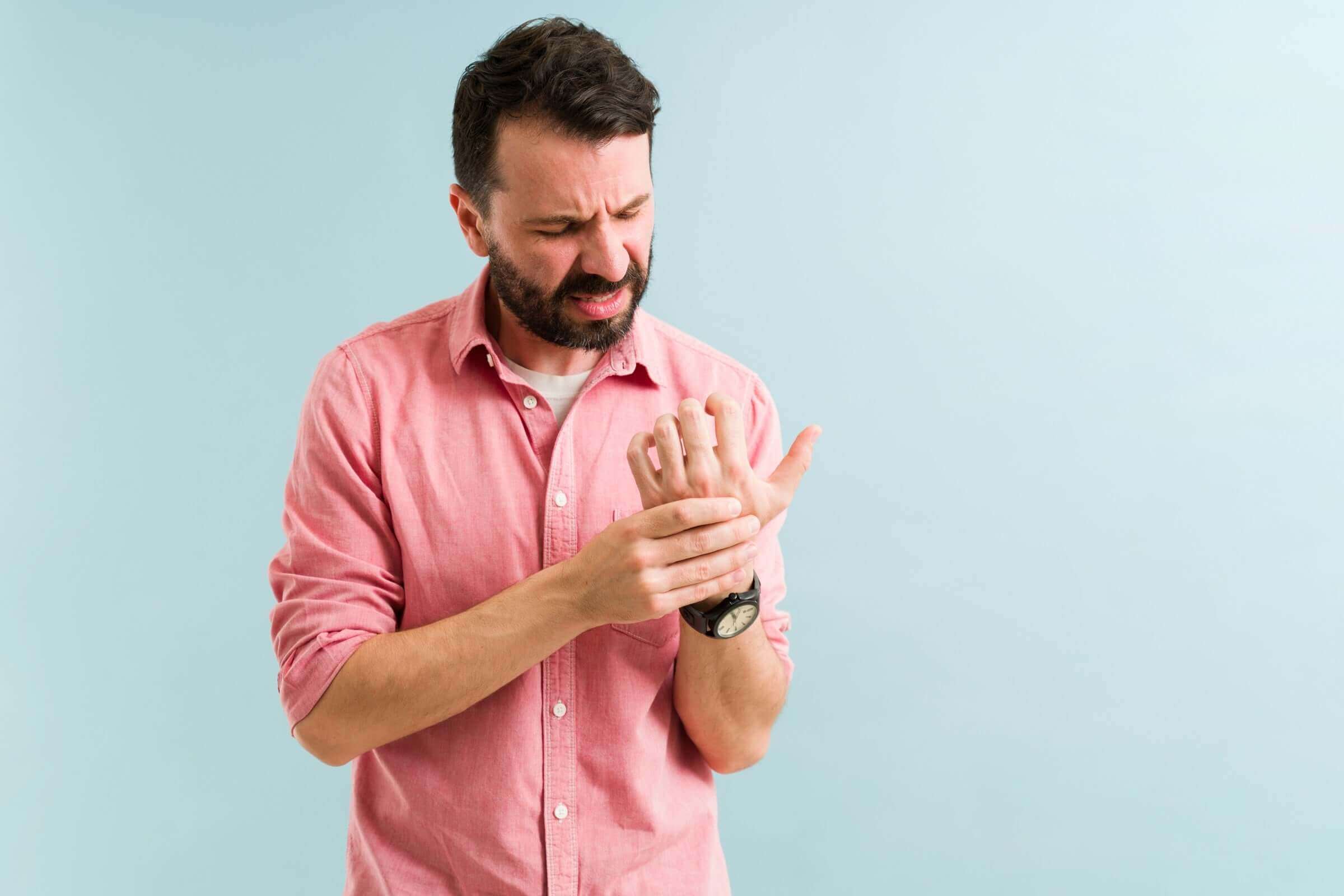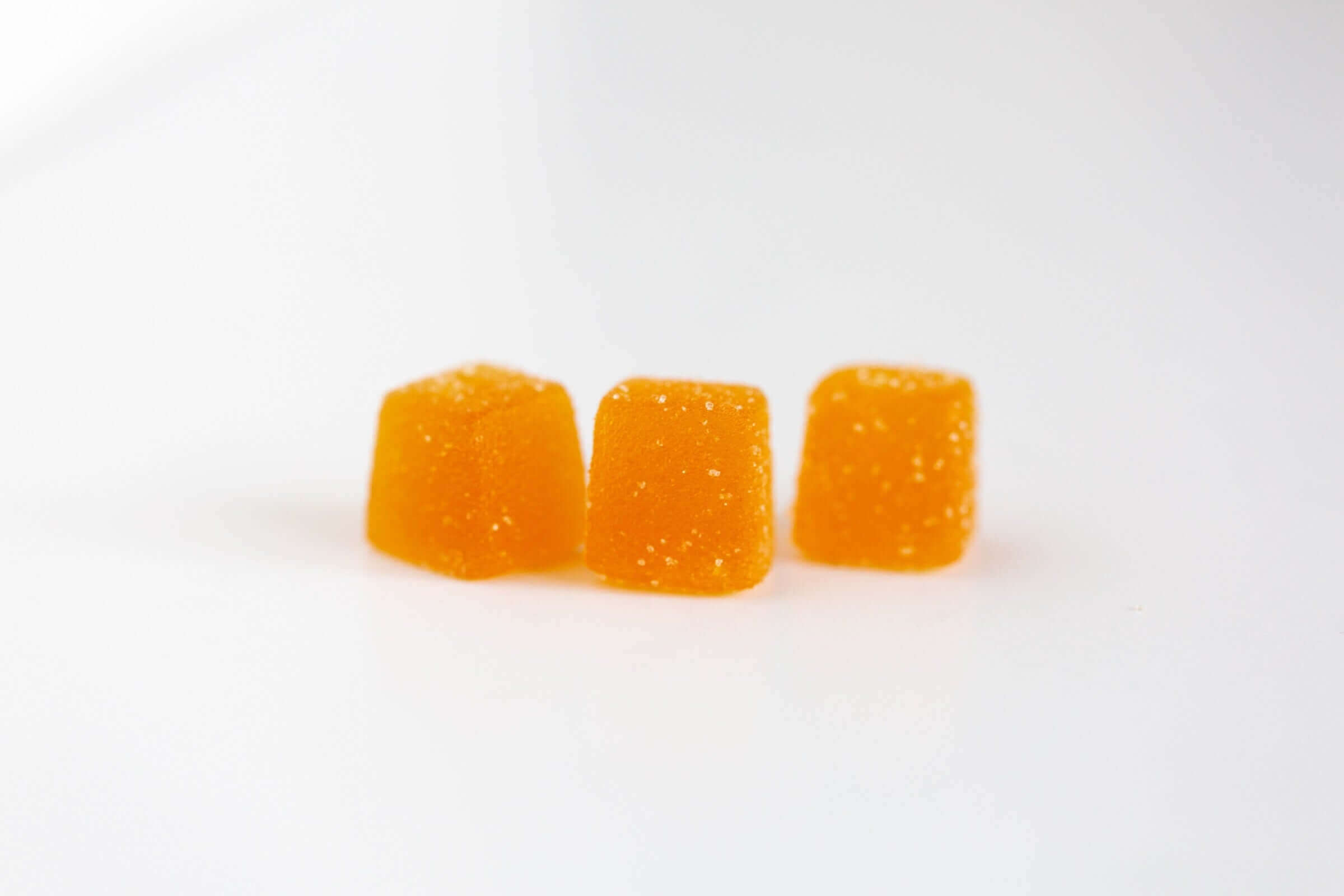CBD and Carpal Tunnel: Your Guide to Natural Pain Relief

There you are, topping the damage meters with your shiny new legendary gear, smashing raid bosses with unmatched DPS. You’re on fire, a force to be reckoned with—until suddenly, your hand betrays you. A tingle here, a numbness there, and before you know it, your wrist has turned on you like a sneaky undead rogue lurking in the shadows. Sound familiar, fellow gamers?
It’s a questline many of us have faced, whether you’re an MMO master, a first-person shooter fanatic, or just someone who spends a bit too much time scrolling through endless feeds. Carpal Tunnel Syndrome (CTS) doesn’t discriminate; it strikes when you least expect it, whether from marathon gaming sessions or something as mundane as bad posture during a Netflix binge.
So, what’s the deal with this sneaky debuff? Could a potion like CBD be the ultimate buff to help you regain control and get back in the game? Let’s roll for initiative and dive into the details—because this might just be the elixir you need to crush that pain and respawn stronger than ever.
What is Carpal Tunnel?
First things first, let’s break down what carpal tunnel syndrome actually is. Imagine a tiny tunnel in your wrist, called the carpal tunnel, where nerves and tendons run through like a busy highway. When everything is working smoothly, there’s no traffic jam, and you go about your day without even thinking about it. But sometimes, this tunnel narrows, and the median nerve (the main nerve in your wrist) gets squished. This squishing causes all sorts of unpleasant symptoms, which brings us to our next point.
What Causes Carpal Tunnel?
Several factors can contribute to this compression:
- Repetitive Strain: Frequent and repetitive movements of the wrist, such as typing or using a mouse, can lead to inflammation and swelling, compressing the median nerve. This is particularly common among those engaged in computer gaming with intense key and mouse actions.
- Poor Ergonomics: Incorrect wri st positioning during activities, like typing with a bent wrist or improper desk setup, can exacerbate the strain on the carpal tunnel.
- Health Conditions: Conditions such as diabetes, rheumatoid arthritis, and hypothyroidism can increase the risk of CTS by affecting nerve health and causing inflammation.
- Genetics: Some individuals may have a genetic predisposition due to a naturally smaller carpal tunnel, which can increase susceptibility to CTS.
- Injury: Previous injuries to the wrist or hand can lead to swelling or changes in the carpal tunnel, increasing pressure on the median nerve.
- Pregnancy: Hormonal changes and fluid retention during pregnancy can cause temporary swelling in the carpal tunnel, leading to CTS.
- Occupation: Jobs that involve prolonged or repetitive wrist movements, such as manual labor or certain office tasks, can increase the risk of developing CTS.
Is it Carpal Tunnel? Symptoms of Carpal Tunnel
If you’ve ever wondered if your wrist pain is more than just a temporary annoyance, here’s a quick rundown of carpal tunnel symptoms:
- Tingling or numbness: This often happens in your thumb, index, and middle fingers. It might start off mild but can become persistent and even wake you up at night.
- Weakness: You might notice that you’re dropping things more often or that your grip strength has taken a nosedive.
- Pain: This can range from mild discomfort to a sharp, shooting pain that travels up your arm.
If these symptoms sound familiar, you might be dealing with carpal tunnel syndrome. But don’t worry; there are steps you can take to manage the pain and get back to your normal activities.
What to Do If You Suspect You Have Carpal Tunnel Syndrome
So, you’re starting to think you might be on the CTS train—what now? The first thing you should do is see a healthcare professional to get a proper diagnosis and treatment plan. But in the meantime, you’ll want to do something about that annoying pain, right?
This is where pain relief rubs, like a CBD pain relief rub, come into play. They’re not a permanent fix, but they can help take the edge off while you figure out your next steps. Applying a CBD pain relief rub can provide temporary relief by soothing the inflamed area, giving you a bit of a break from the discomfort. Once you’ve calmed things down, it’s time to get yourself to a doctor. They’ll guide you through more long-term solutions, which could include anything from wrist splints to surgery, depending on the severity.
What is CBD?
If you’ve heard the buzz about CBD and wondered what the fuss is all about, you’re not alone. CBD, short for cannabidiol, is a compound found in the cannabis plant. Unlike its cousin THC, CBD doesn’t get you high. Instead, it’s been making waves for its potential health benefits, particularly in the realm of pain management.
How Does CBD Relieve Pain? The Science of It
Here’s where things get a bit science-y, but stick with me—it’s worth it. When you apply CBD to your skin or take it in another form, CBD interacts with your body’s endocannabinoid system (ECS), which plays a crucial role in regulating things like pain, mood, and inflammation. By influencing the ECS, CBD may help bring some balance back to your body, making it a popular choice for people dealing with chronic pain, anxiety, and even sleep issues.
CBD doesn’t just mask the pain; it actually works with your body to reduce inflammation and change how your brain perceives pain signals. Think of it as a peacekeeper that helps calm the area down, so your nerves aren’t firing off those pain signals like they’re at a fireworks show. This is why CBD is being explored as a potential option for various pain-related conditions, including—yep, you guessed it—carpal tunnel syndrome.
What Makes CBD a Natural Pain Relief?
CBD is considered a natural pain relief due to its interaction with the body’s endocannabinoid system, which helps regulate various physiological processes, including pain and inflammation. Here’s what makes it a natural option:
- Endocannabinoid System Interaction: CBD interacts with cannabinoid receptors (CB1 and CB2) in the endocannabinoid system, which plays a key role in modulating pain and inflammation. This interaction helps to balance and regulate pain signals.
- Anti-Inflammatory Properties: CBD has been shown to possess anti-inflammatory properties, which can help reduce inflammation and associated pain, making it useful for conditions like arthritis or muscle soreness.
- Plant-Based Origin: CBD is extracted from the hemp plant, aligning with a natural approach to health care. Its plant-based origin appeals to those seeking natural remedies over synthetic options.
- Non-Psychoactive: Unlike THC, another compound in cannabis, CBD does not produce a "high," allowing users to experience pain relief without altering their mental state.
- Minimal Side Effects: Compared to traditional pain medications, CBD generally has fewer and milder side effects, making it a gentler option for many people.
Does CBD Help Relieve the Pain of Carpal Tunnel?
Now, for the million-dollar question: Can CBD actually help with carpal tunnel pain? The short answer is that it might. While more research is needed specifically on CBD and carpal tunnel, we do know that CBD has anti-inflammatory and analgesic (pain-relieving) properties. Since carpal tunnel syndrome involves inflammation and nerve pain, CBD could potentially provide relief by addressing these underlying issues.
Many people with CTS have reported finding relief with CBD products, especially when used in conjunction with other treatments like wrist splints or physical therapy. Additionally, CBD is often reported to have fewer side effects compared to traditional pain medications, making it a gentle alternative for many individuals. However, it's important to note that CBD isn’t a cure for carpal tunnel syndrome; it’s more of a tool to help manage the symptoms.
CBD Products for Carpal Tunnel Pain
If you’re considering giving CBD a shot to ease your carpal tunnel pain, you’ve got a few options:
- Topical CBD Products: These are creams, balms, and rubs that you apply directly to the affected area. They’re great for targeting specific spots of pain and can provide localized relief.
- CBD Oil: Taken sublingually (under the tongue), CBD oil can offer more systemic relief. This might be useful if you’re dealing with widespread pain or inflammation.
- CBD Capsules or Gummies: If you prefer a more straightforward approach, capsules or gummies offer a pre-measured dose of CBD that’s easy to take.
Introducing Tub Therapy's The Wingwoman for Carpal Tunnel Pain

Tub Therapy's The Wingwoman CBD Xfreeze Pain Relief Gel Roller is packed with full-spectrum CBD and a blend of natural herbs designed to ease muscle and joint pain. Whether you’re dealing with a stiff wrist after a long day at the keyboard or you need something to tide you over until your next doctor’s appointment, The Wingwoman has got your back (or in this case, your wrist).
Just apply it to the affected area, and let the CBD get to work, reducing inflammation and calming those frazzled nerves. It’s not a permanent solution, but it’s a fantastic way to find some relief in the moment.
Our verdict?
Carpal tunnel syndrome can be a real pain—literally! But with the right game plan, you can manage those pesky symptoms and keep dominating the damage meters with your DPS prowess.
While CBD won’t turn you into an indestructible raid boss, it’s a trusty ally in your inventory for easing the discomfort of carpal tunnel. A CBD rub like Tub Therapy’s The Wingwoman might just become your new best friend, giving you the cooldown you need to keep your hands in the game. And if you're feeling adventurous, exploring other CBD goodies might reveal your perfect match.
But remember, even the best buffs aren’t permanent. While CBD can give your wrist some well-deserved relief, it’s important not to overlook the bigger picture. A quick chat with your doctor is like checking your quest log—essential to make sure you're addressing the root cause of your pain.
Whether it’s tweaking your setup, adjusting your playstyle, or considering more serious interventions like surgery, a healthcare provider can help you strategize the best path to a full recovery. So, keep your health bar in check, and don’t let carpal tunnel keep you on the sidelines!



